Florida Gambles On Reopening, As Virus Numbers Rise
Florida is reporting record daily totals of new coronavirus cases, but you'd never know it looking at the Sunshine State's increasingly busy beaches and hotels.
Republican Governor Ron DeSantis wants tourists to return en masse to help bolster the local economy -- and in so doing, help his ally President Donald Trump win over voters.
But many of those visitors are not wearing masks and ignoring social distancing guidelines, and striking a balance between protecting public health and saving people's jobs is tricky.
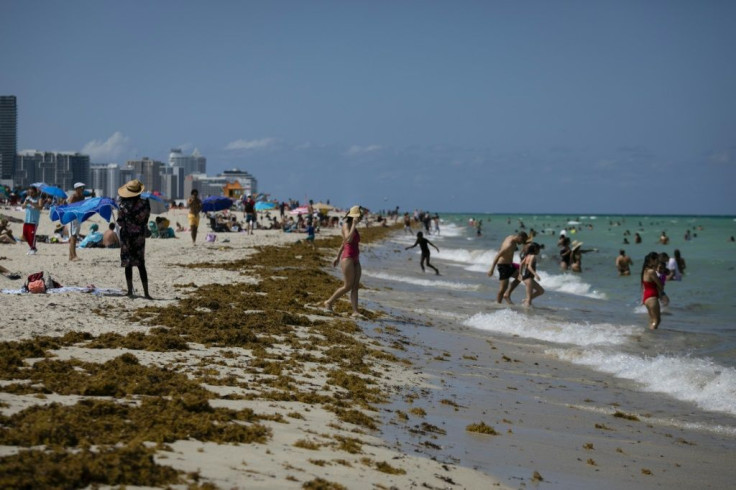
On both Monday and Tuesday, Florida confirmed more than 2,500 new virus cases, bringing the state's total caseload to more than 82,000, with more than 3,000 deaths.
While the number of deaths per day is not rising, the percentage of positive tests is, hitting 10.3 percent on Wednesday, compared to 5.5 percent the week before, according to the state health department.
Despite the worrying data, Floridians seem to have hit peak quarantine fatigue -- they are fed up with the pandemic and the measures suggested to help keep it in check.
That means tempers are flaring between people who wear masks and those who refuse to do so.
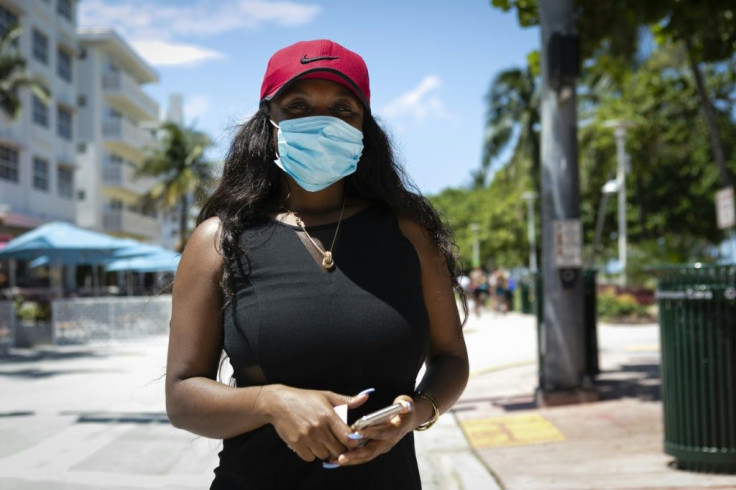
"It's not easy," said Kathia Joseph, the owner of a French bakery in Miami Beach, a barrier island off the city itself.
"We really have to be after them, ask them to wear a mask, ask them to stay away. Some people, they're not happy when you ask them to do that."
Out in the street, a mask-free man trying to get into an Uber car argues with the driver.
On the beach, a so-called safe distancing ambassador is taunted by a group of people who are drinking and dancing.
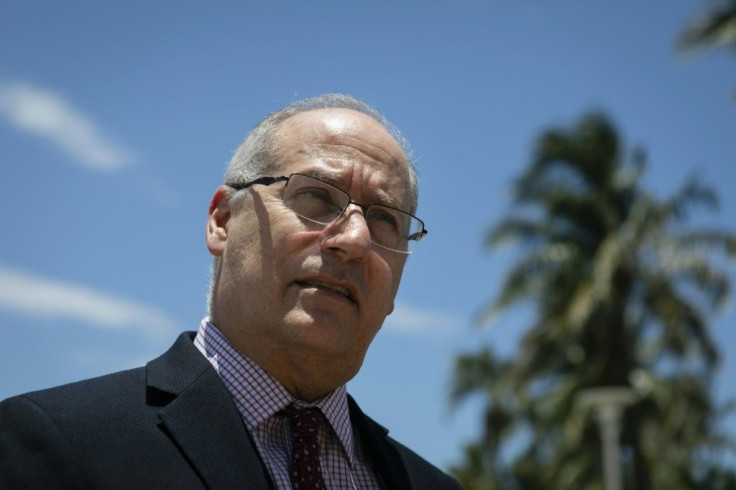
Joseph says only about half of her customers obey guidelines designed to contain the spread of the virus.
That proportion sounds about right, says Diane, a 60-year-old woman who drove from Texas to relax in Miami Beach.
"It seems that some people just want to get on with their lives, and they're going to take the chance," said Diane, who declined to give her last name.
Then she went for a swim wearing her mask.
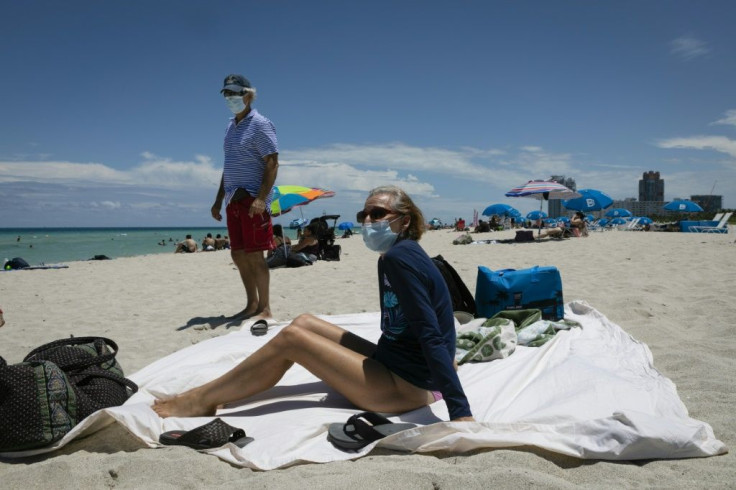
Miami Beach Mayor Dan Gelber is certainly aware of all the friction, and is trying to adopt a conciliatory tone.
"We realize that this is not about eliminating risk -- it's about managing the risk," Gelber told AFP.
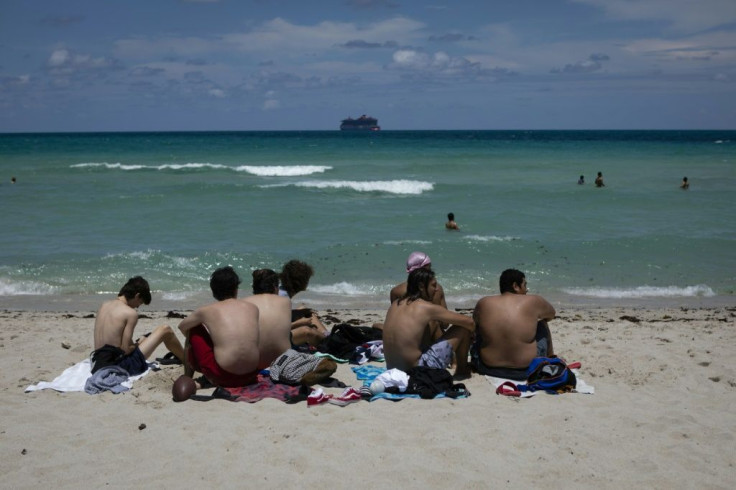
"So even if we don't get 100 percent compliance, if most people follow the rules, we're going to reduce the virus tremendously and save lives."
The two and a half months of lockdown dealt a severe economic blow to Miami Beach, home to 93,000 people.
Before the pandemic, it would welcome seven million visitors a year. Now, some businesses are shutting down for good.
Therein lies the problem, as the city needs tourists desperately.
Interacting with customers safely is "a big challenge for us," Joseph says. "But we are really happy to be back to work because it's been two and a half months."
Nevertheless, she is closing her bakery and opening a Cuban-style cafe near Ocean Drive, the waterfront main drag that is home to what is left of Miami Beach's commercial buzz.
Officials note that hospitalization and death rates from the coronavirus have remained stable, and partly attribute the overall rise in case numbers to an increase in testing.
But the increase in the percentage of positive tests is worrying and many people are alarmed.
They fear the reopening of businesses and huge protests over the death in police custody of George Floyd are to blame.
"We are not shutting down. We are going to go forward," DeSantis said Tuesday.
Florida is crucial to Trump's reelection hopes, and DeSantis wants to help him over the finish line.
Last week, the governor offered up Jacksonville as a new host city for Trump's nomination acceptance speech at the Republican convention, after North Carolina balked at allowing the president to address a packed arena.
Florida started to reopen its economy slowly in May and most businesses are open -- albeit with limited occupancy and with instructions on social distancing.
But in recent days, several bars and restaurants in Tampa, which began to reopen before Miami, were forced to close after some workers were infected with the virus.
In Jacksonville Beach, at least 12 friends tested positive for coronavirus after a night out for a birthday celebration, one of the group members told US media.
DeSantis is "shooting himself in the foot," Aileen Marty, a Florida International University pandemic expert, told Politico.
"He thinks in downplaying the threat of the virus that's going to help the economy," Marty said.
"It's going to backfire because if people fail to understand how dangerous this particular virus is, they're going to act in irresponsible ways."
© Copyright AFP 2024. All rights reserved.





















